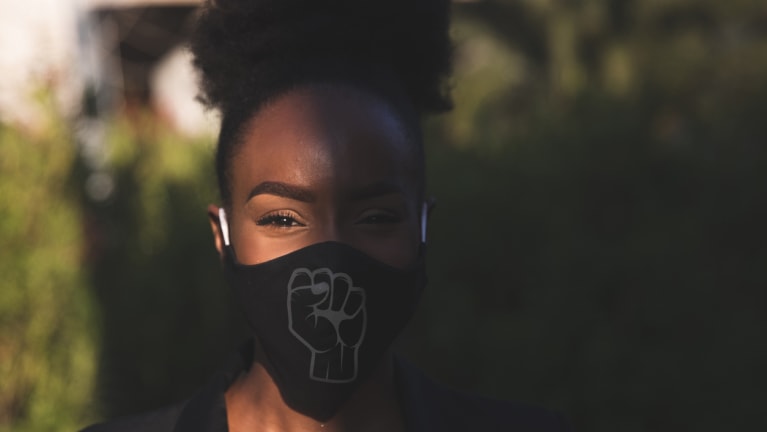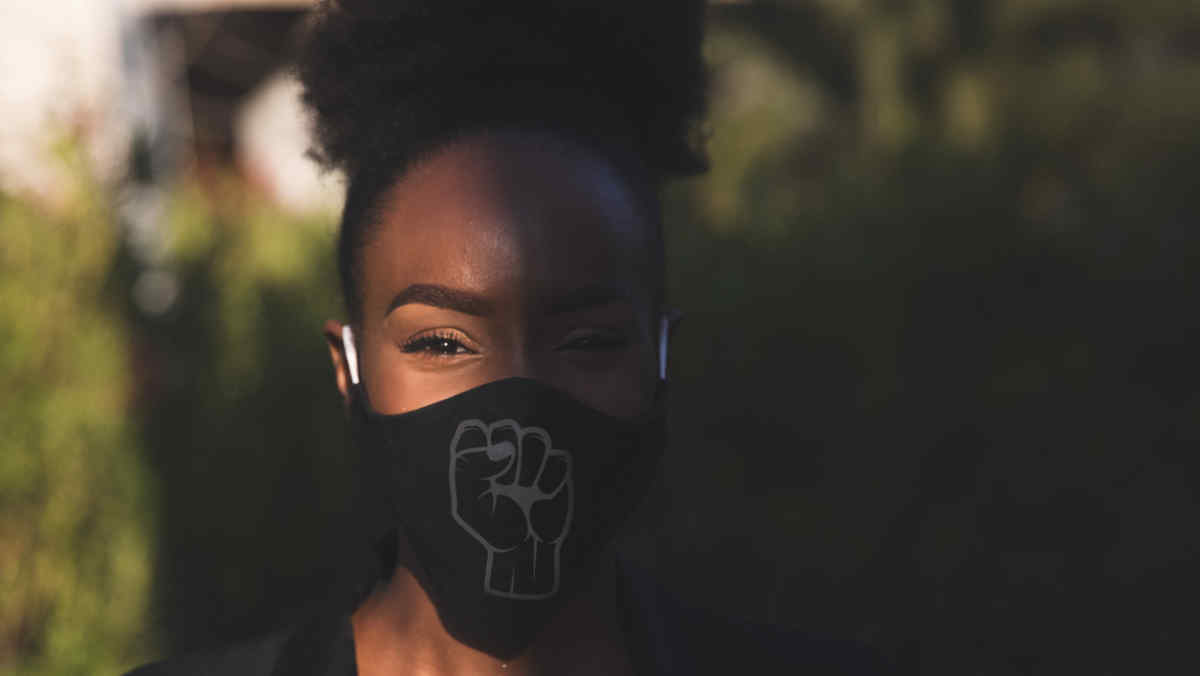

?A federal judge has rejected retaliation charges against Whole Foods Market over its policy prohibiting employees from wearing Black Lives Matter face masks.
On Jan. 23, the U.S. District Court for the District of Massachusetts ruled in favor of the Amazon-owned supermarket chain, finding that the employees didn’t prove Whole Foods had discriminatory or retaliatory motives.
“This holding is not about the importance of the Black Lives Matter message, the value of plaintiffs’ advocacy in wearing the masks, the valor of their speaking out against what they perceived to be discrimination in their workplace, or the quality of Whole Foods’ decision-making,” the court said. “It is about whether the record can support three retaliation claims under Title VII” of the Civil Rights Act of 1964.
Whole Foods spokesperson Nathan Cimbala said the company welcomed the ruling.
“Whole Foods Market’s dress code policy has long promoted a welcoming, safe and inclusive shopping environment focused entirely on high-quality food. We are pleased with the outcome and appreciate the court’s time and attention to this matter,” Cimbala said.
Background
Three Whole Foods employees sued the company, alleging race discrimination and retaliation after they wore Black Lives Matter masks at work and were fired. The company’s dress code prohibits employees from wearing clothing with any visible slogan, message, logo or advertising, with exceptions for the Whole Foods logo and those of Whole Foods affiliates.
In 2020, Whole Foods required all employees to wear a face mask at work due to the COVID-19 pandemic, and the masks had to comply with the dress code. The plaintiffs said this rule was not immediately enforced in all stores and not made clear to all employees. Company leadership directed store managers to handle violations of the dress code with a consistent, progressive discipline policy that gave employees an opportunity to comply or be sent home, which would result in an attendance violation, according to court documents.
The plaintiffs were told they had to remove their Black Lives Matter face masks because they violated the dress code, but the workers refused and were sent home. After being sent home several times, they were fired for violating the company’s attendance policy.
One plaintiff, Haley Evans, said she wore a Black Lives Matter mask in support of the Black community in the wake of the murder of George Floyd by Minneapolis police in 2020, as well as to speak out against alleged racism at Whole Foods. The company denied that any employees wore a Black Lives Matter mask in response to perceived racism in the workplace.
Another plaintiff, Savannah Kinzer, claimed Whole Foods retaliated against her for wearing a Black Lives Matter mask and organizing her co-workers to protest the store’s actions. Whole Foods maintained that it uniformly enforced the dress code for all employees, regardless of their race, the type of message on the attire or whether the employees had filed lawsuits against the company.
In June 2022, the 1st U.S. Circuit Court of Appeals dismissed the race discrimination claims.
Retaliation or Nondiscriminatory Action?
To bring a retaliation claim, workers must show that they engaged in protected conduct and suffered an adverse employment action, and that the two were causally linked. Then the burden would be on the employer to prove it had a nondiscriminatory reason for the adverse employment action.
The court agreed that the plaintiffs engaged in protected conduct by opposing what they perceived as an unlawful employment practice and filing charges with the U.S. Equal Employment Opportunity Commission and the National Labor Relations Board. In addition, the court said the employees’ conduct was protected when they continued to wear the Black Lives Matter masks even after being told not to, complained to management and spoke to the press.
However, the court concluded that Whole Foods did have a nondiscriminatory reason for firing the employees: repeated violations of the dress code and attendance policies. “The company was confronted with a coordinated display of dress code violations tied to what it perceived to be a political movement or controversial message—distinct from the typical, discrete employee infractions it had seen in the past,” the court noted.
Lessons for Employers
Companies should enforce their dress code consistently with everyone, said Stacy Hawkins, a law professor at Rutgers Law School in Camden, N.J.
“One of the arguments on behalf of the plaintiffs in this case was that the dress code policy had not previously been enforced. Although this argument was not successful in this case, inconsistent application or enforcement of a policy can lead to employer liability for discrimination,” she explained.
In recent years, political divisions in the country appear to have ramped up the level of controversies over dress code violations.
“I have seen an increase in the number of reported cases of employees that have been terminated [or] disciplined under dress code policies, and those who have filed suit based on those actions, since the rise of the Black Lives Matter movement and other social [or] political movements that are viewed as divisive,” Hawkins said. “Trump supporters wearing MAGA [Make America Great Again] paraphernalia have complained of receiving harassing and/or discriminatory treatment for wearing that apparel. Often, the latter cases have arisen in the educational rather than the employment context, but these claims for protected status based on politically motivated clothing [and] dress have been rising.”

